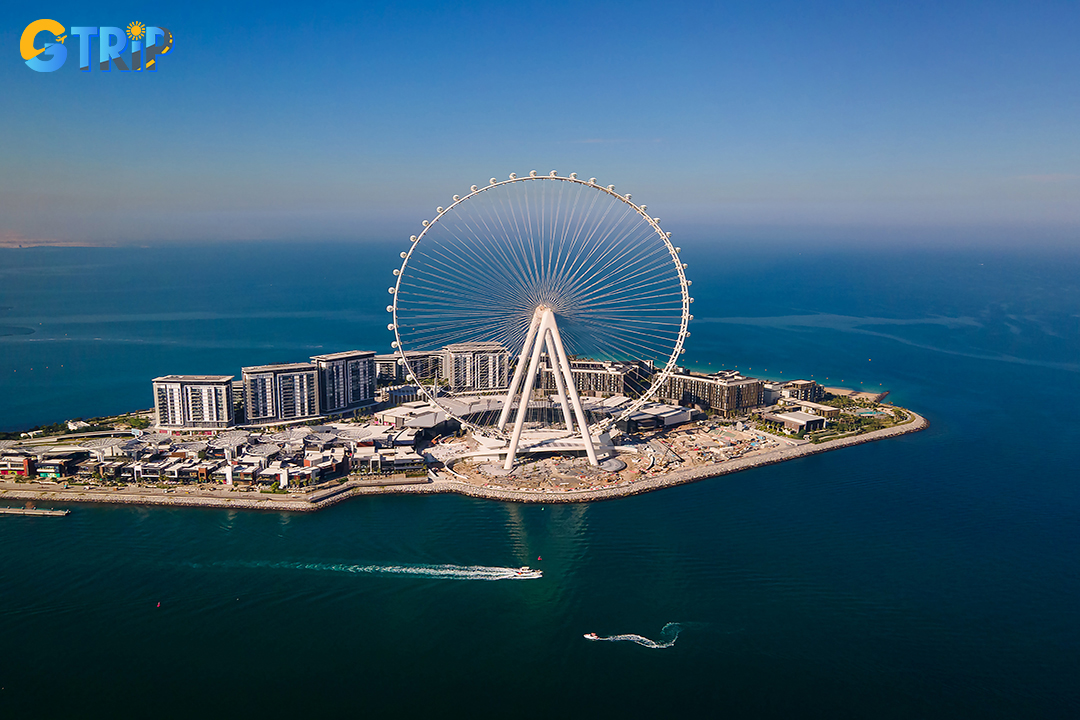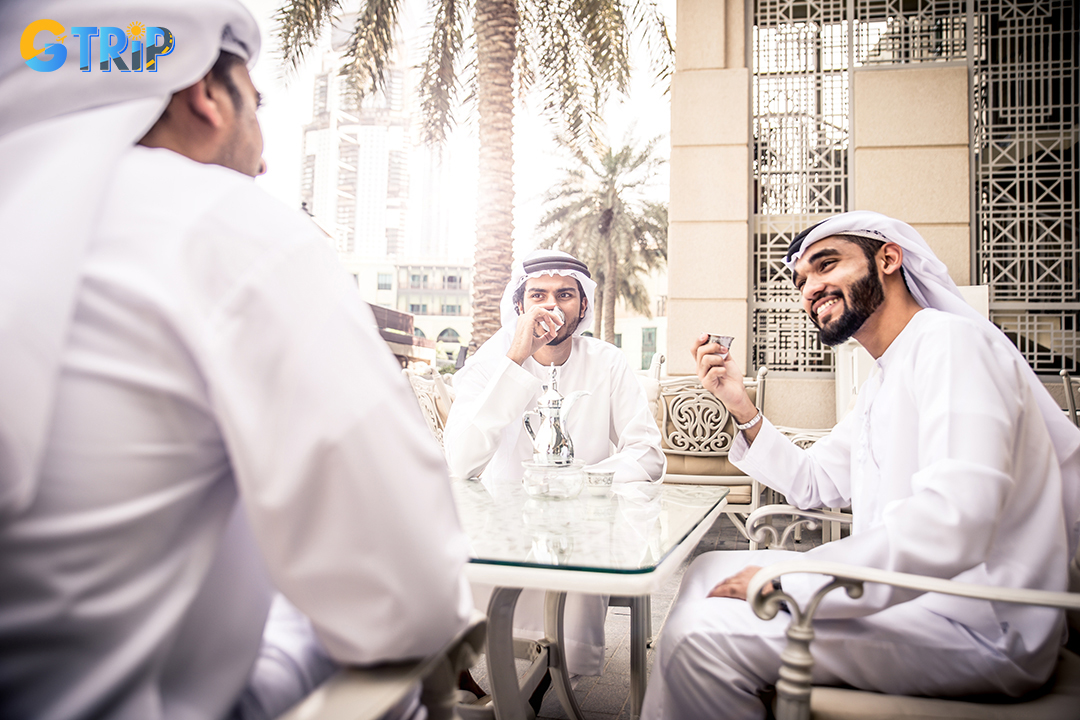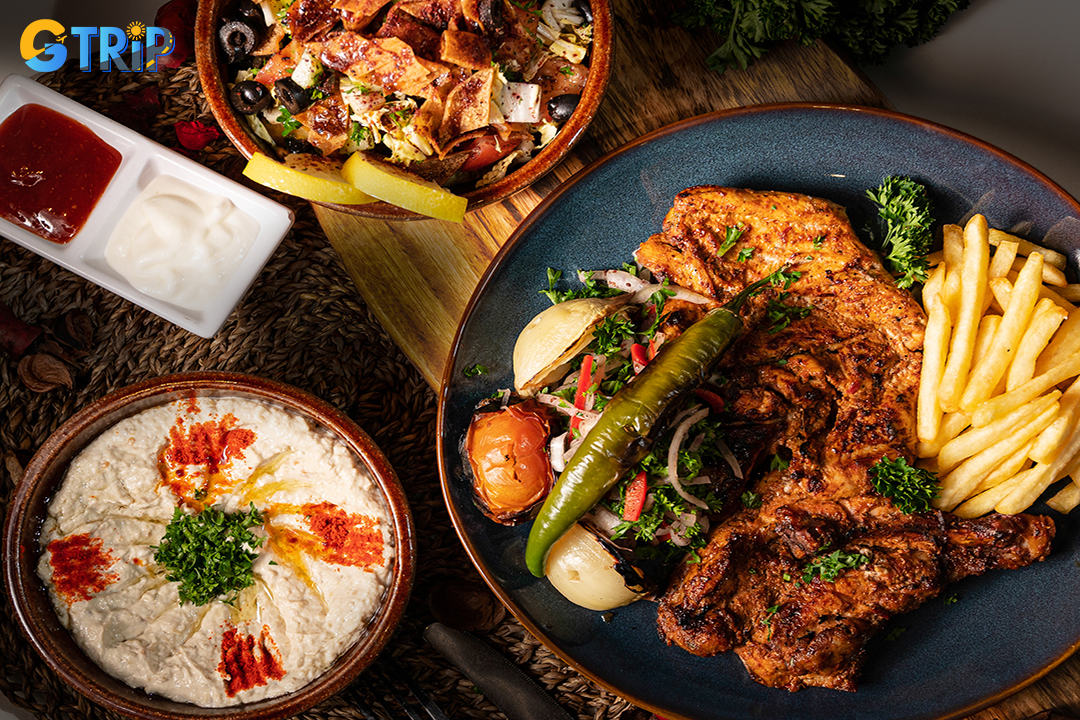Dubai, the gleaming gem of the United Arab Emirates, is a city where ancient traditions blend seamlessly with modern luxury. For first-time visitors to this vibrant city, it's important to learn unique Dubai etiquette.
5 things to know about Dubai etiquette for first-timers in Dubai
While the city appears modern and liberal, it's crucial to remember that Dubai is an Islamic state, and visitors are expected to adhere to local cultural norms to avoid potential consequences.
Respect Islamic customs
Dubai is a Muslim-majority city, and it's important to respect Islamic customs and practices. During the holy month of Ramadan, it is customary to refrain from eating, drinking, or smoking in public places during daylight hours. Be mindful of this and seek private areas to consume food or beverages.
For those interested in learning more about Dubai's culture and strict religious standards, Ramadan is regarded as one of the most exciting and wonderful periods to travel there. There are places set aside for non-Muslims to dine and drink during this hour, and many hotels and commercial centers are also open during this time.

Dubai's rich Islamic traditions are an integral part of daily life
Dress to impress
While not as strict as in some other Middle Eastern countries, Dubai still has guidelines to follow to ensure respect for the local customs and traditions. In public places, it is advisable to dress modestly, covering shoulders and knees, and avoiding clothing that is transparent or overly revealing. Women should avoid low-cut tops, short skirts, and tight-fitting clothes. Men should refrain from wearing sleeveless shirts and shorts that expose the knees. When visiting religious sites or government buildings, it is necessary to dress more conservatively, with women covering their heads and wearing full-length abayas. However, within private spaces such as hotels or resorts, tourists have more flexibility in their clothing choices. It is always recommended to be aware of the specific dress code requirements for different locations and occasions in Dubai to ensure a comfortable and respectful experience.

Dubai's dress code reflects its conservative Islamic culture
Greetings and politeness
Greetings in Dubai are an important aspect of the local culture and reflect the values of warmth and hospitality. When meeting someone in Dubai, it is customary to greet them with a smile and a friendly handshake. In more formal or professional settings, using titles or professional designations is preferred until given permission to use first names. Additionally, it is common to inquire about one's well-being and engage in small talk before transitioning to the main topic of conversation. Greetings are typically accompanied by respectful gestures, such as placing the right hand over the heart or the right hand over the left chest.

Greetings and politeness play an essential role in daily interactions in Dubai
Dining etiquette
Dubai etiquette in dining is influenced by Arab customs and Islamic traditions. When invited to a meal in Dubai, it is essential to arrive on time or a few minutes late, as punctuality is appreciated. Before sitting down, wait for the host to indicate where you should sit or wait to be seated. Eating with the right hand is customary, as the left hand is considered unclean. Remember to refrain from using your left hand for eating, passing dishes, or touching food. It is also important to express gratitude and compliments to the host for the meal. Finally, it is customary to wait for the host or the eldest person at the table to start eating before you begin your meal.

When dining in Dubai, be aware of cultural dining customs
Public behavior
It is essential to display respectful and modest behavior in public settings. Public displays of affection should be avoided, as they are considered inappropriate in the local culture. Dressing modestly is also important, particularly in conservative areas and religious sites. It is advisable to refrain from using offensive language or engaging in disruptive behavior. Respect for elders and authority figures is highly valued, and it is customary to greet them with courtesy and deference. Additionally, it is important to be mindful of the cleanliness of public spaces and to dispose of trash properly.

As a visitor, it's important to maintain a respectful and considerate demeanor
The best time to travel to Dubai
The best time to travel to Dubai is during the winter months, from November to March. During this period, the weather is pleasant, with temperatures ranging from around 20°C (68°F) to 30°C (86°F), making it ideal for outdoor activities and exploring the city. The humidity levels are lower, providing a more comfortable experience for visitors. Moreover, this time coincides with Dubai's peak tourist season, with various events and festivals taking place, including the Dubai Shopping Festival and Dubai Food Festival. It is important to note that Dubai experiences extremely high temperatures during the summer months, reaching well above 40°C (104°F), and the humidity can be quite intense. Therefore, traveling during the winter months offers a more enjoyable and comfortable experience for visitors.

You should go to Dubai in the winter months
By adhering to these crucial Dubai etiquette pointers, you'll not only navigate the city smoothly but also showcase your respect for local customs and traditions. Travel to Dubai now and forge unforgettable connections with its vibrant culture.







